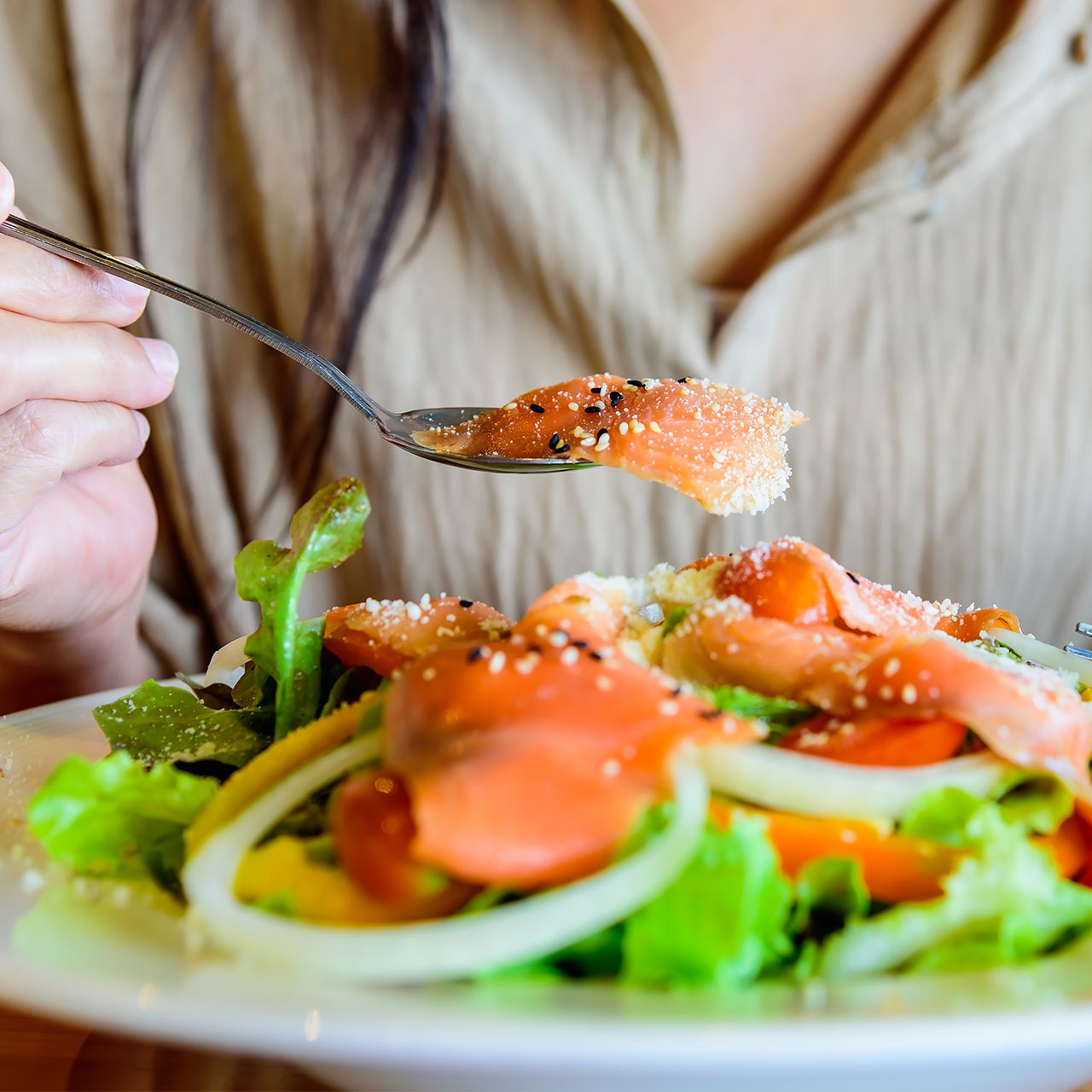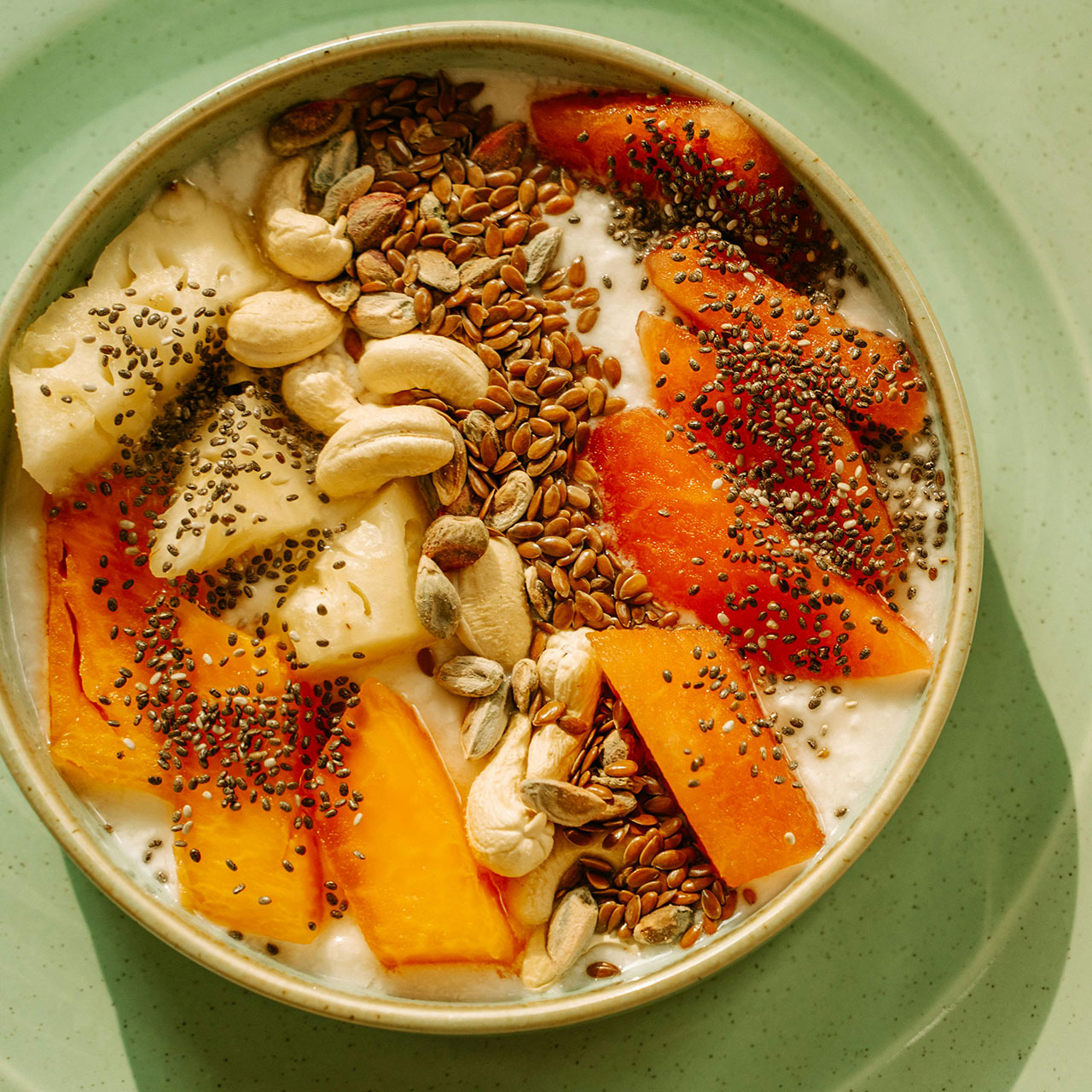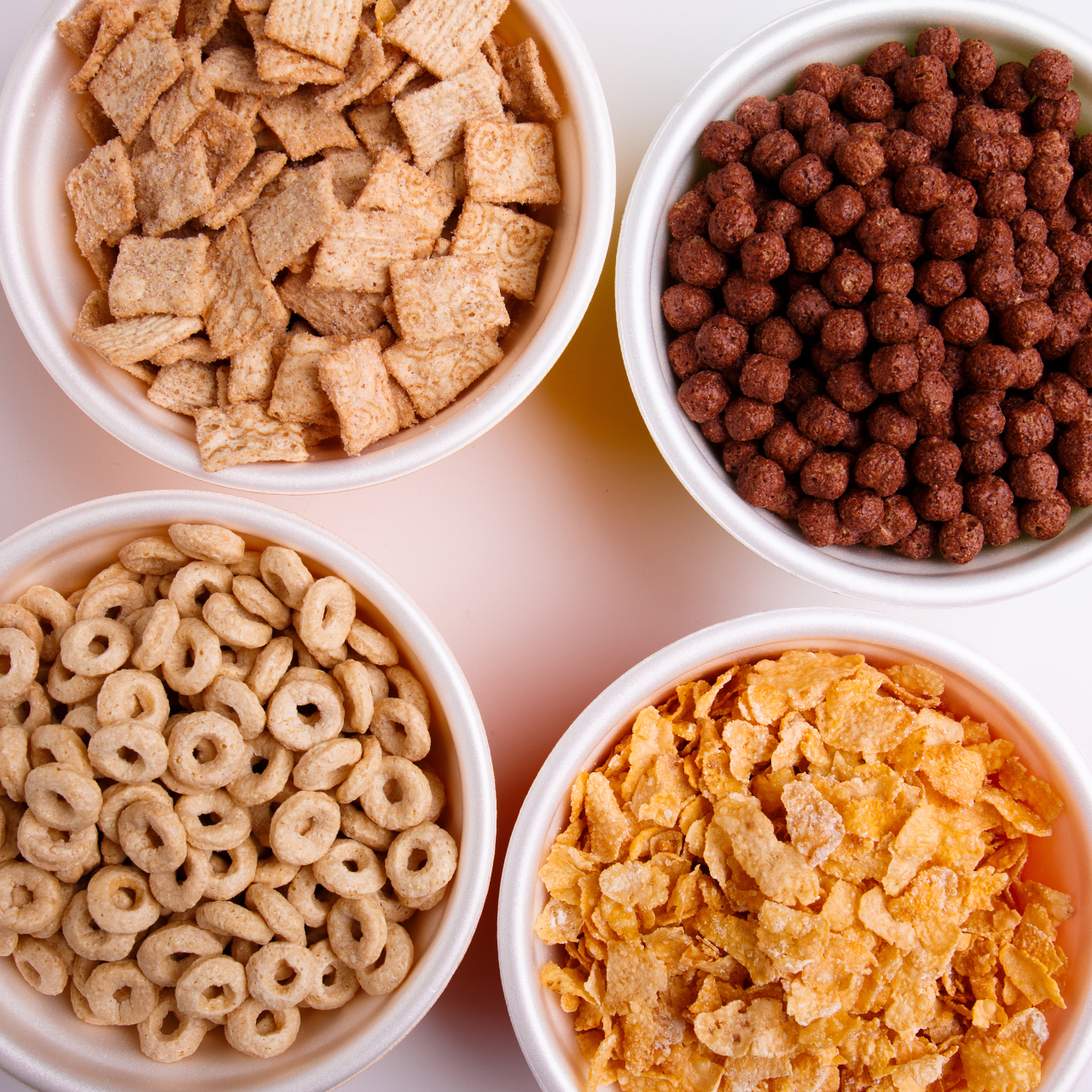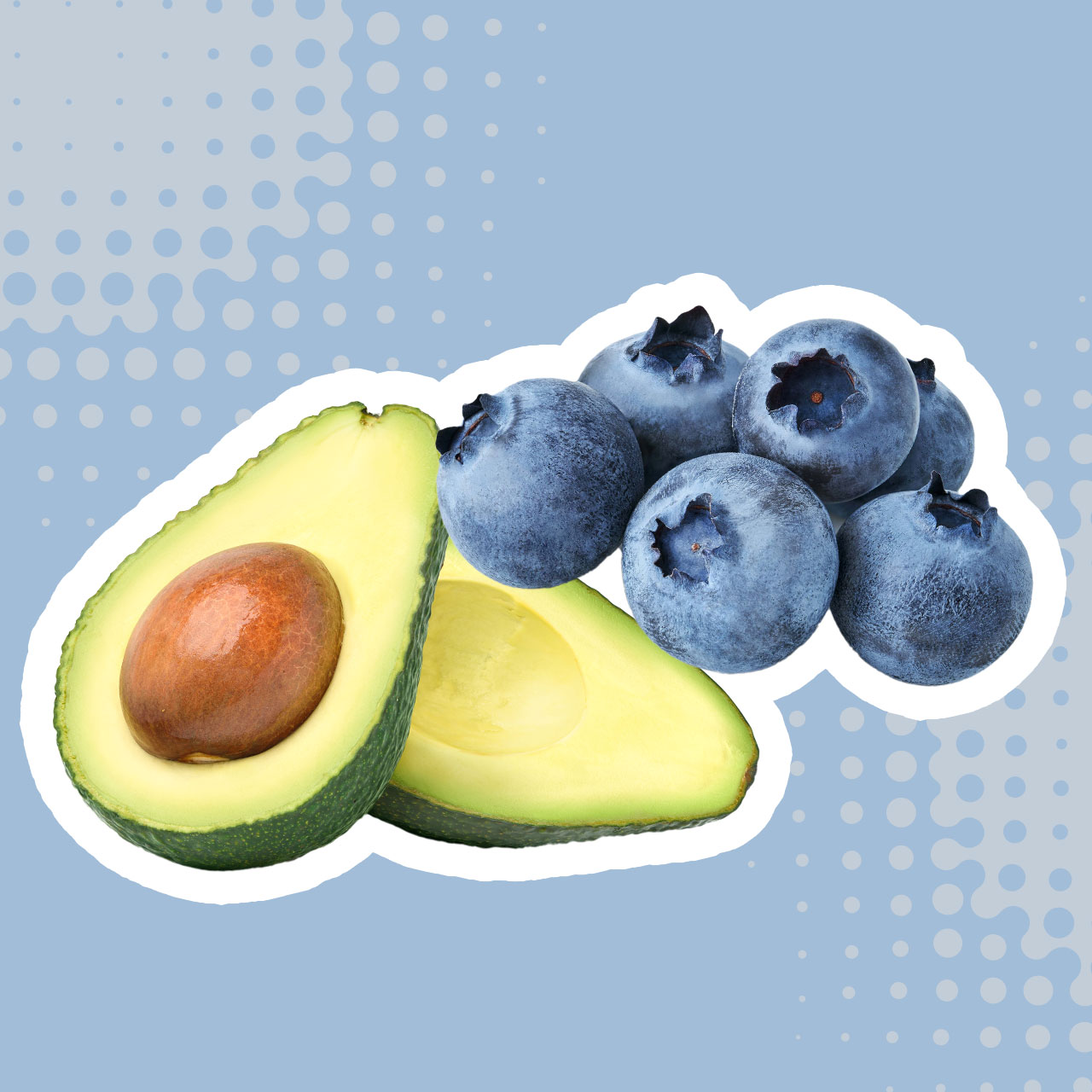This is an archived article and the information in the story may be outdated. Please check the time stamp on the story to see when it was updated last.
Losing weight can be an intimidating process, but eliminating high calorie and fat-causing foods from your diet is one efficient way of making this process more manageable.
With that in mind, make sure to take a close look at what you are eating and what kind of nutrients you are getting from your diet. Some foods that are considered “weight loss friendly” are actually the opposite, causing more cravings and eventually weight gain.
With that in mind, keep reading for the 5 fat-causing ingredients you should cut out of your diet asap for more effective weight loss.
Potatoes
Potatoes are fine in moderation, but you definitely want to limit how often you are adding these starchy foods into your diet.
According to Harvard Health, there’s good reason to stay away from potatoes–even if they’re not fries or chips. Walter Willett, who chairs the Department of Nutrition at the Harvard School of Public Health, wrote about these starches in Eat, Drink, and Be Healthy: The Harvard Medical School Guide to Healthy Eating.
He explains, “Nutritionists and diet books alike often call potatoes a ‘perfect food.’ But while eating potatoes on a daily basis may be fine for lean people who exercise a lot or who do regular manual labor, for everyone else potatoes should be an occasional food consumed in modest amounts, not a daily vegetable. The venerable baked potato increases levels of blood sugar and insulin more quickly and to higher levels than an equal amount of calories from pure table sugar.”
Processed Meats
Processed meats are another good ingredient to limit in your diet.
According to Dr. Oz, “Not only are those meats packed with sodium, but processed meats (including lunch meats, corned beef, jerky, canned meat, even salted fish and meat-based sauces) could be causing weight gain.”
The article continues, “One study that examined over 8,000 diets and incidents of diabetes found that subjects who consumed any processed meats were thirty-eight percent more likely to develop diabetes. Swap these foods for organic meats or free-range proteins whenever possible, and consider processed foods a special exception in your diet, not the norm.”
White Flour
Choosing white flour over whole grain flour can be a problem for your diet.
White flour contains refined grains, which you digest more quickly and can lead to more cravings throughout the day. This makes eating in moderation difficult.
Plus, according to Livestrong, “Choosing whole flours over refined versions may also make a difference in belly fat, according to a study published in the “American Journal of Clinical Nutrition” in 2008. Researchers told one group of dieters to make all of their grains whole and another group to completely avoid whole grains. Although both groups lost weight, the whole-grain group lost more fat from the abdomen.”
Canned Soups
Canned soups show up in quite a few recipes, especially now that the weather is getting colder.
However, picking any canned soup can lead to problems if you are trying to lose weight.
The Scientific American explains, “Eating a lot of salt can cause your body to retain more water, which can show up on the scale as extra pounds. But we’re not just talking about water weight here. High salt diets appear to be linked to higher body fat—in particular, the kind of fat that accumulates around your middle.”
With that in mind, make sure you pick out a low sodium canned soup option next time you’re in the grocery store.
Nuts and Nut Butters
There is nothing wrong with eating nuts and nut butters in moderation, but if you are turning to these foods for “weight loss friendly” snacking, you might want to reconsider.
Healthline explains, “Nuts and nut butters are a perfect choice if you’re looking to gain weight. Just one small handful of almonds contains over 7 grams of protein and 18 grams of healthy fats.”
These foods are high in calories, which can make weight loss difficult if you do not keep them in moderation.

























